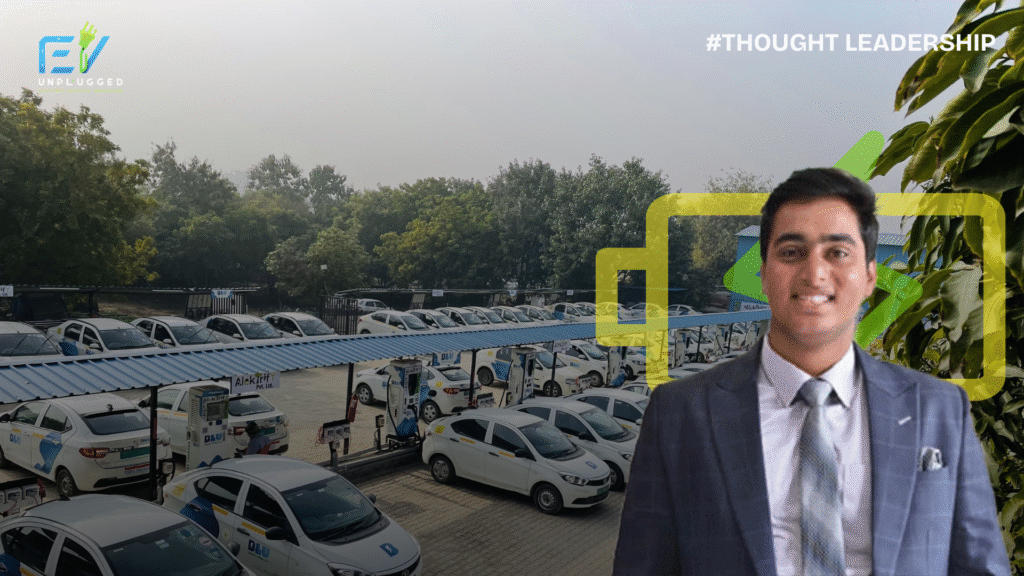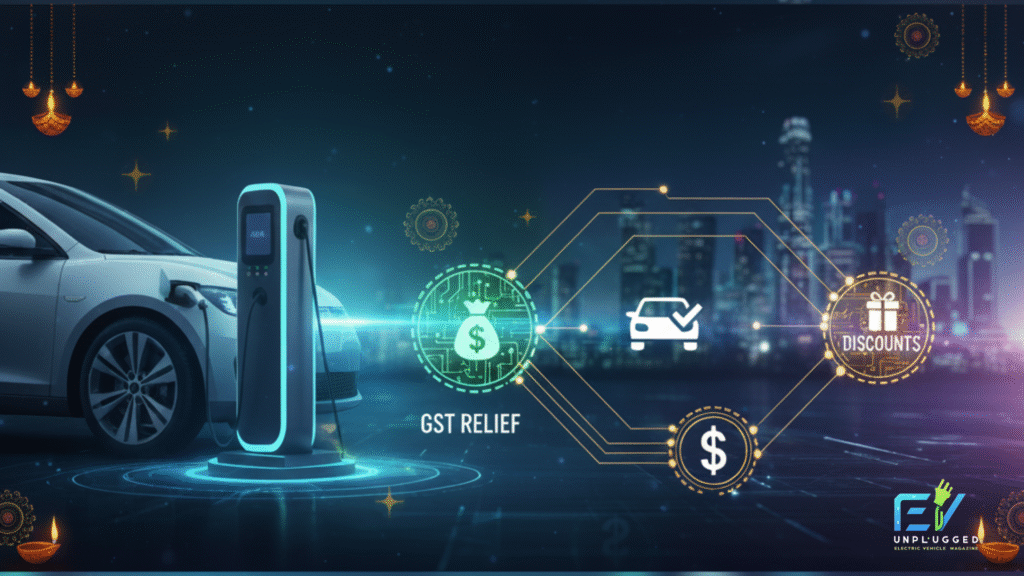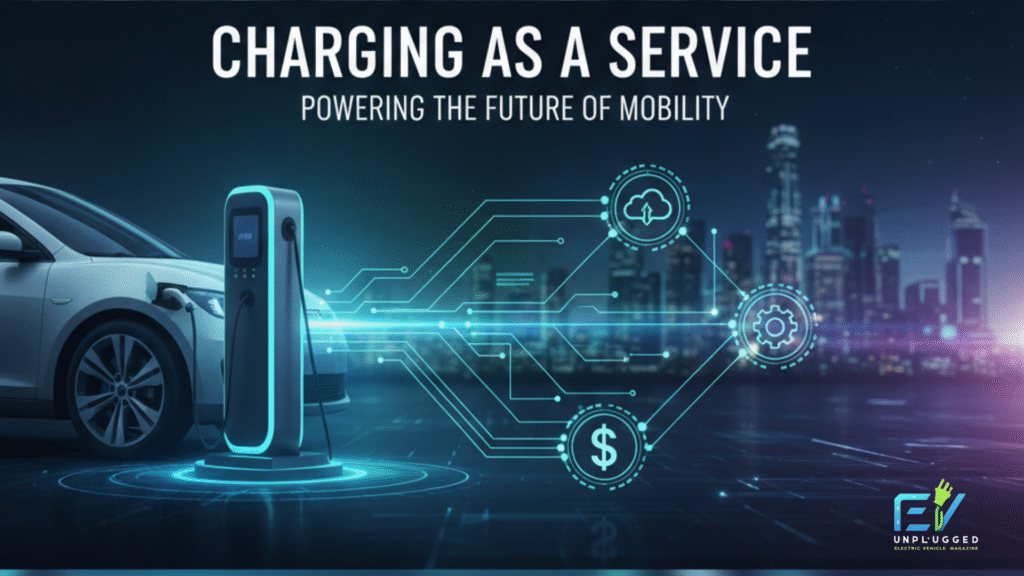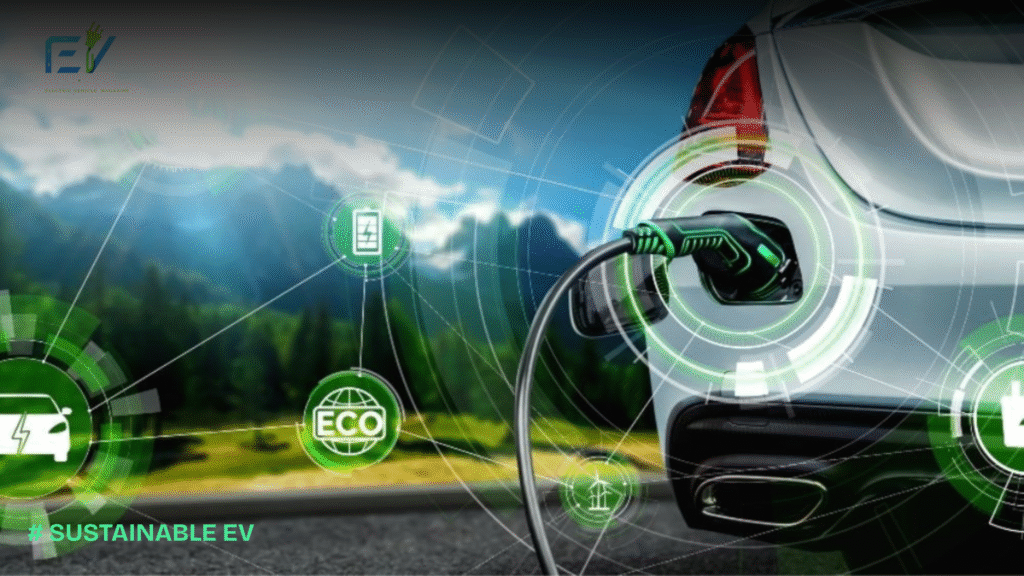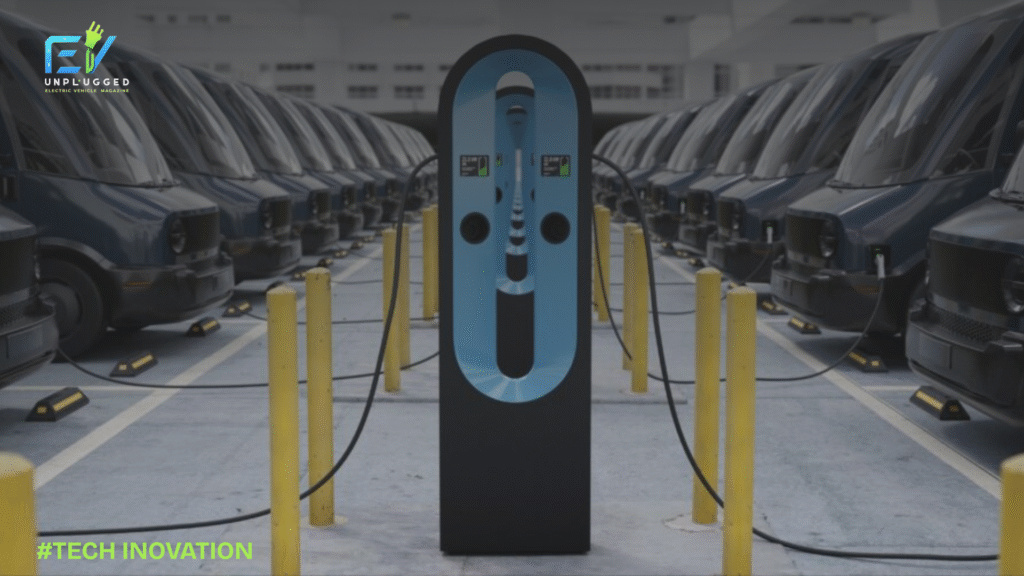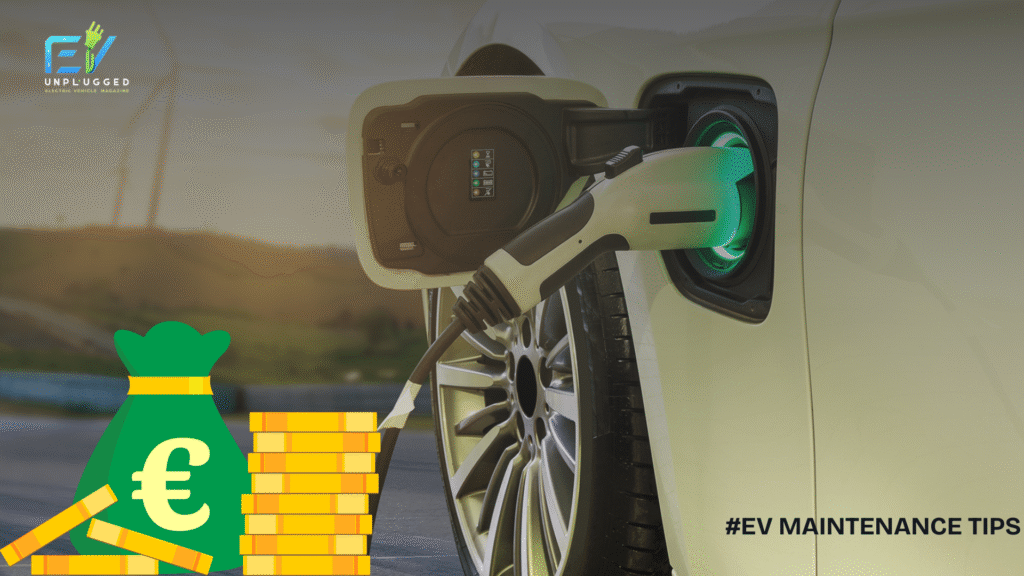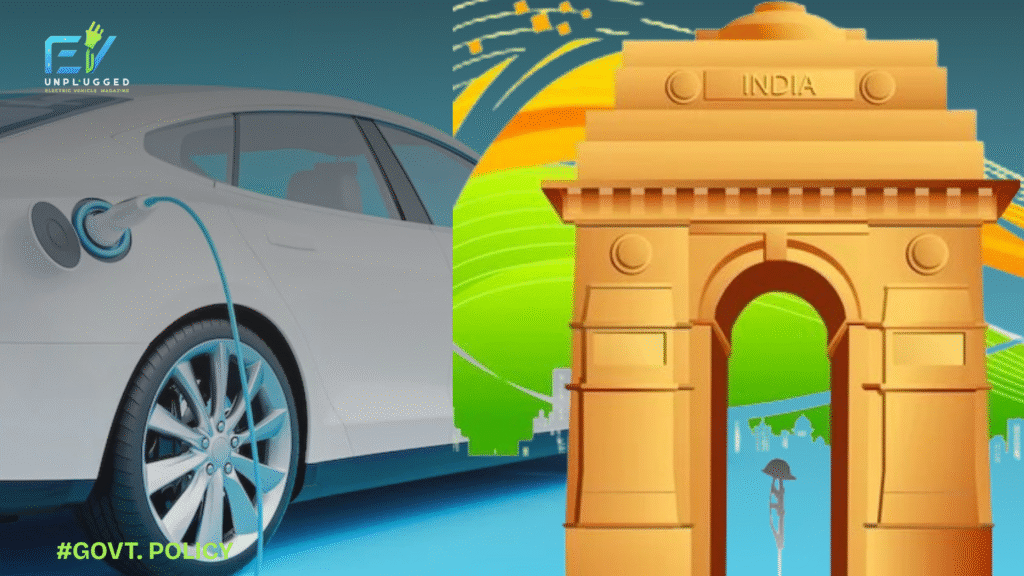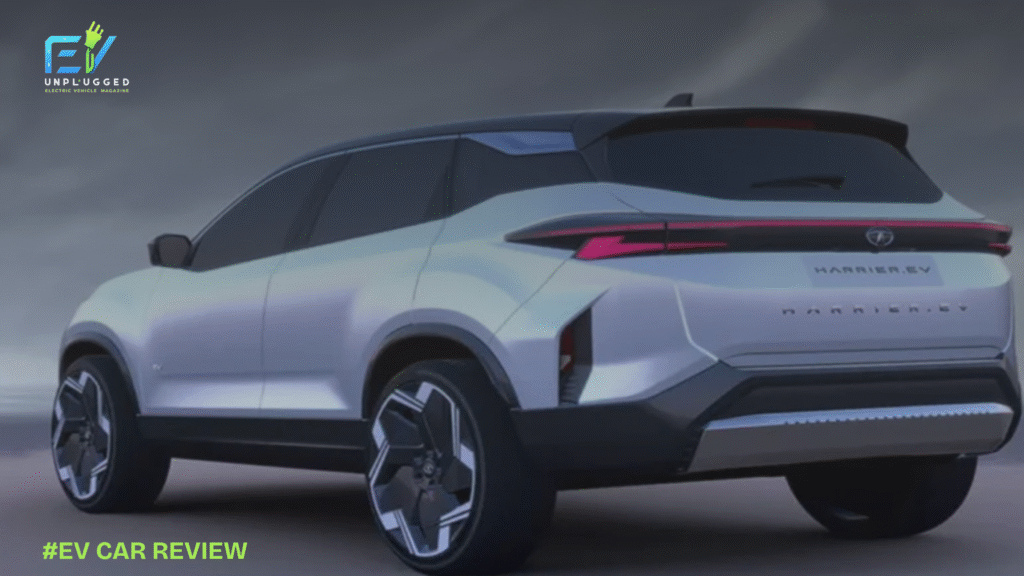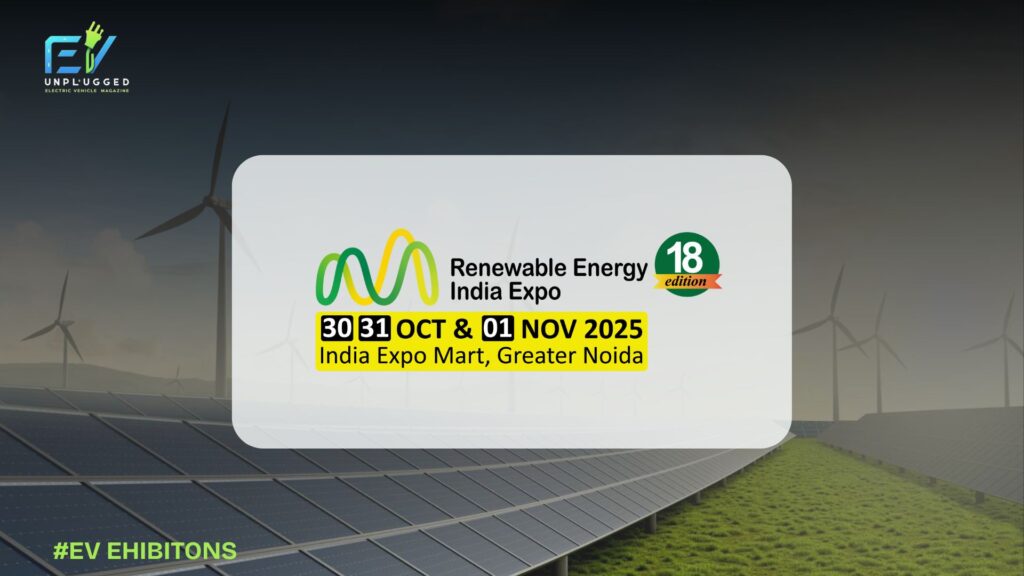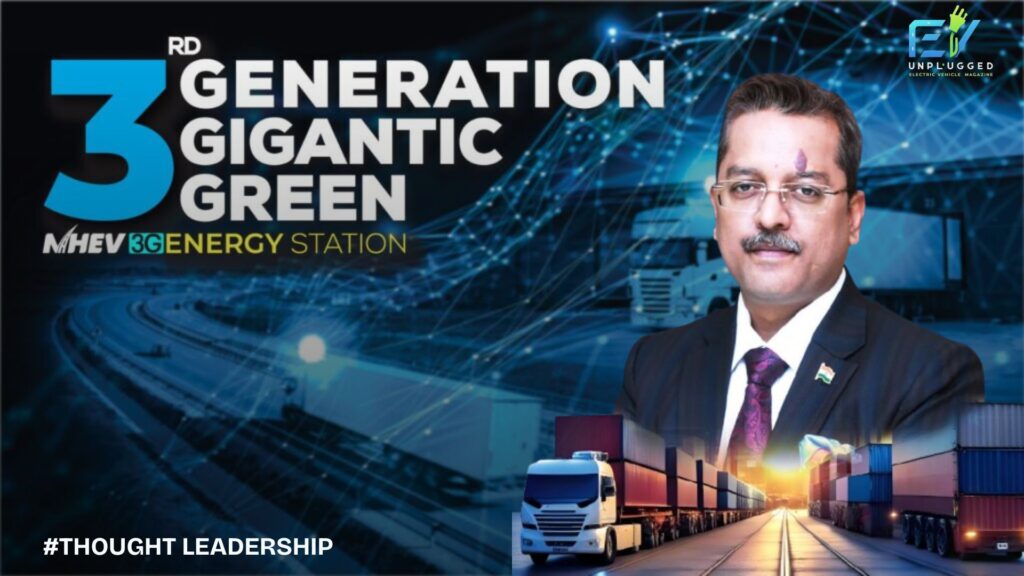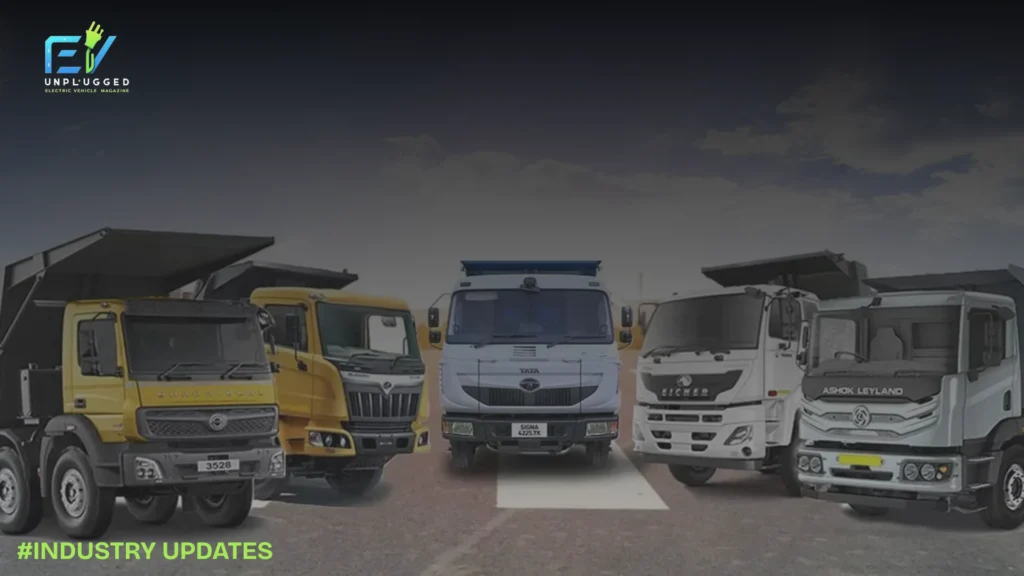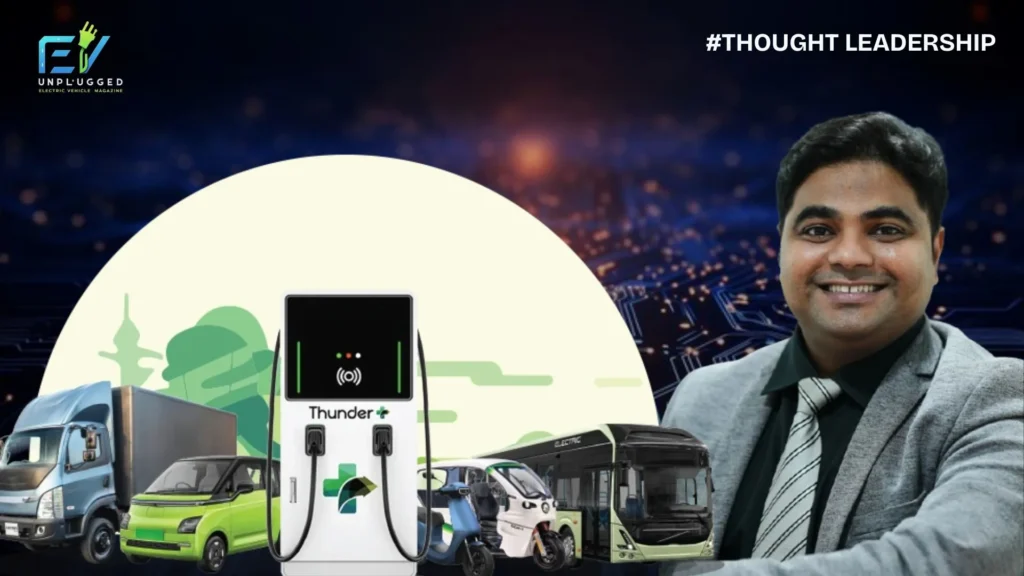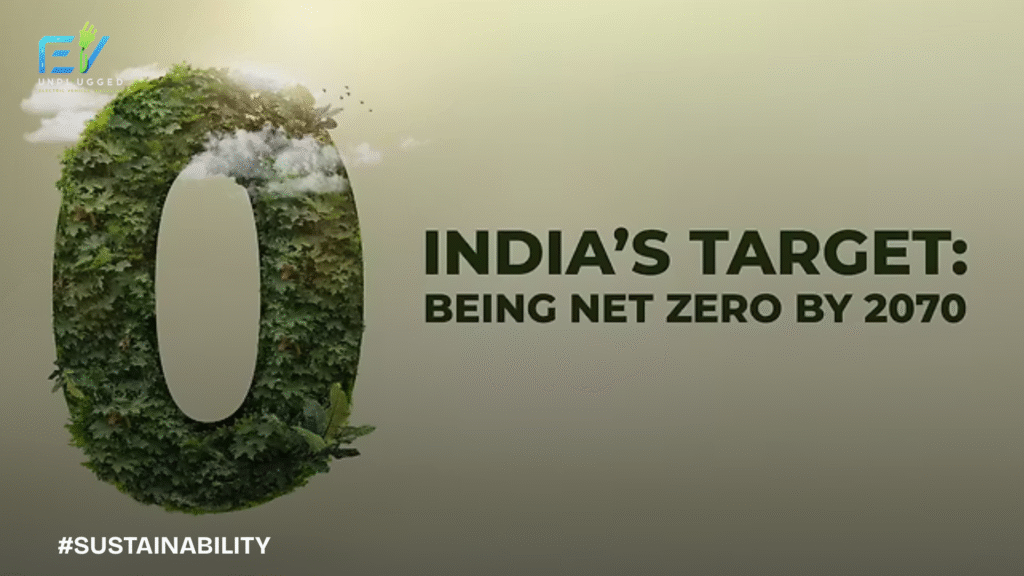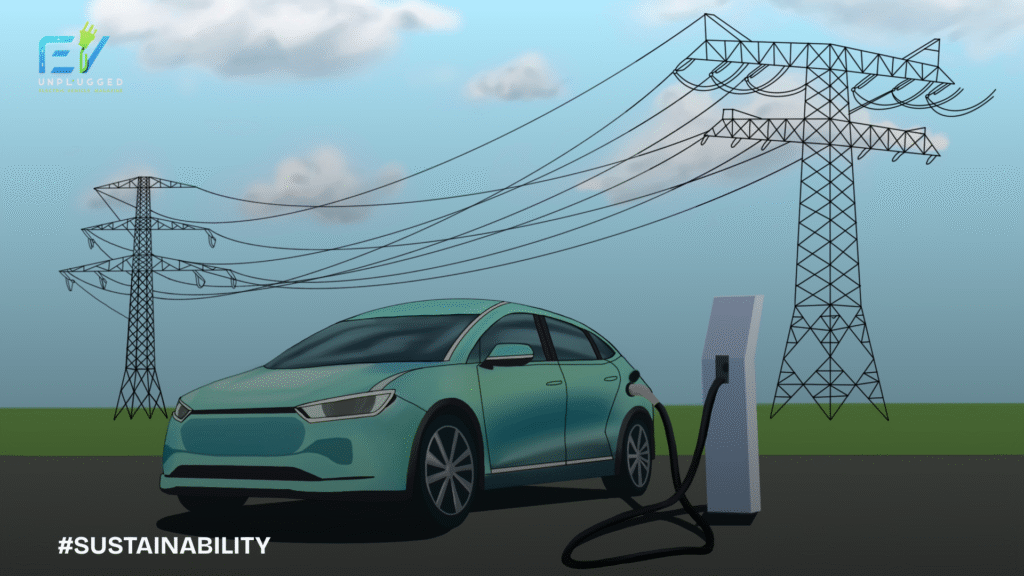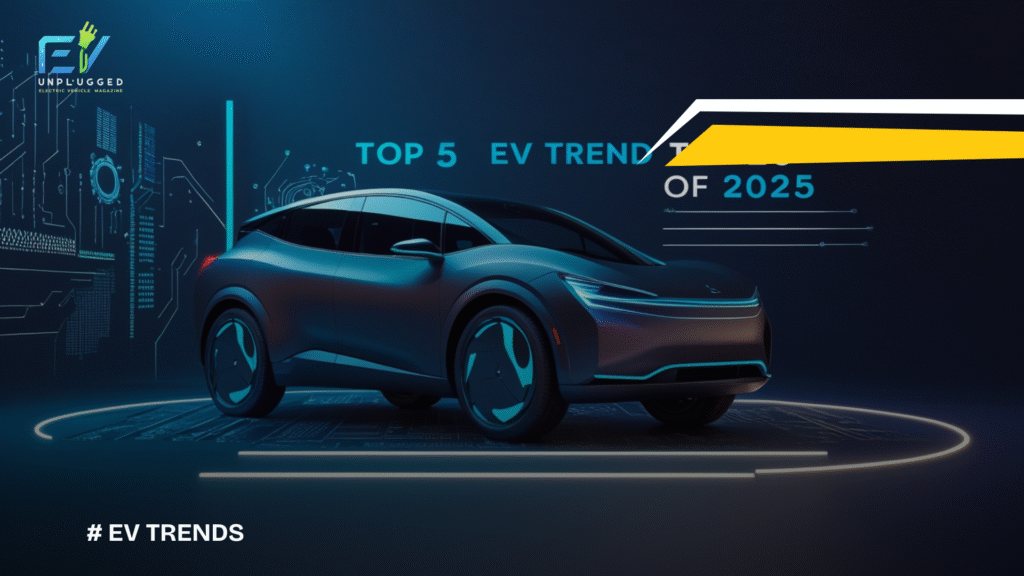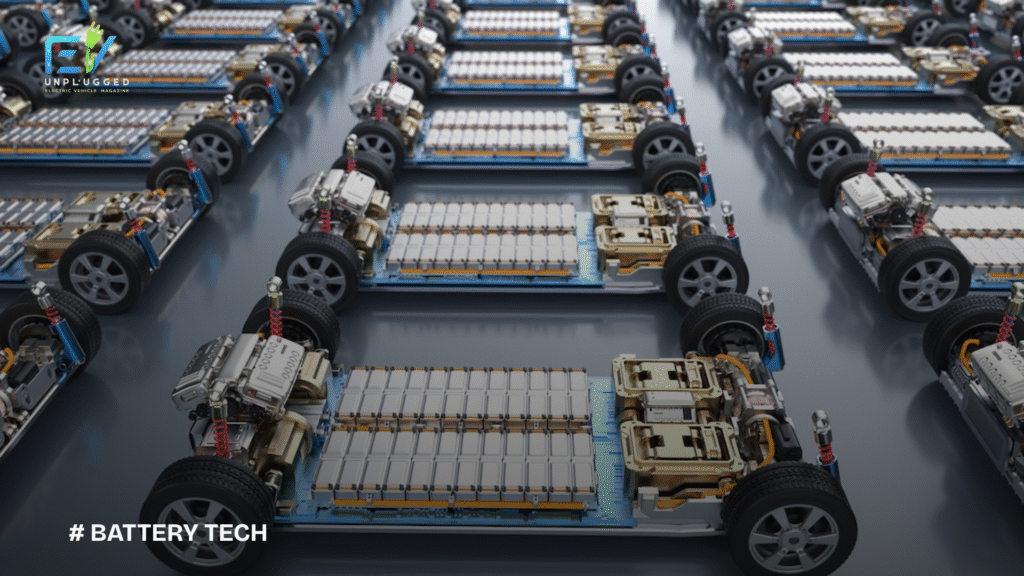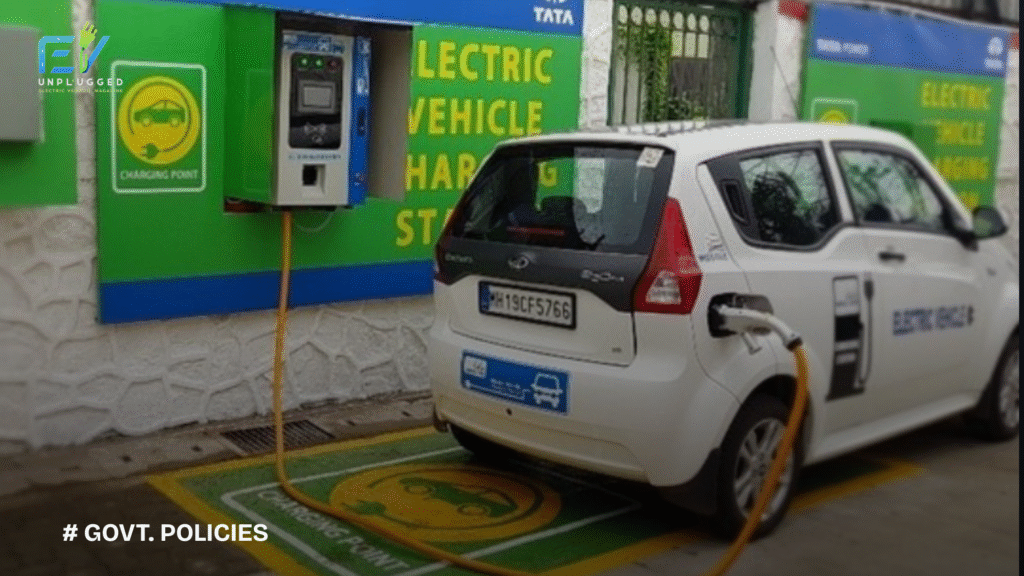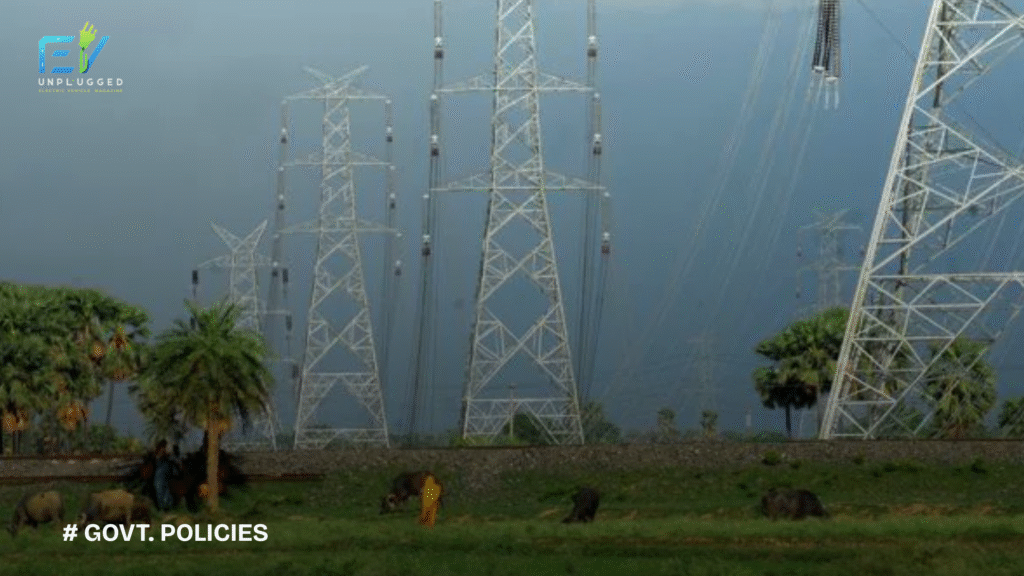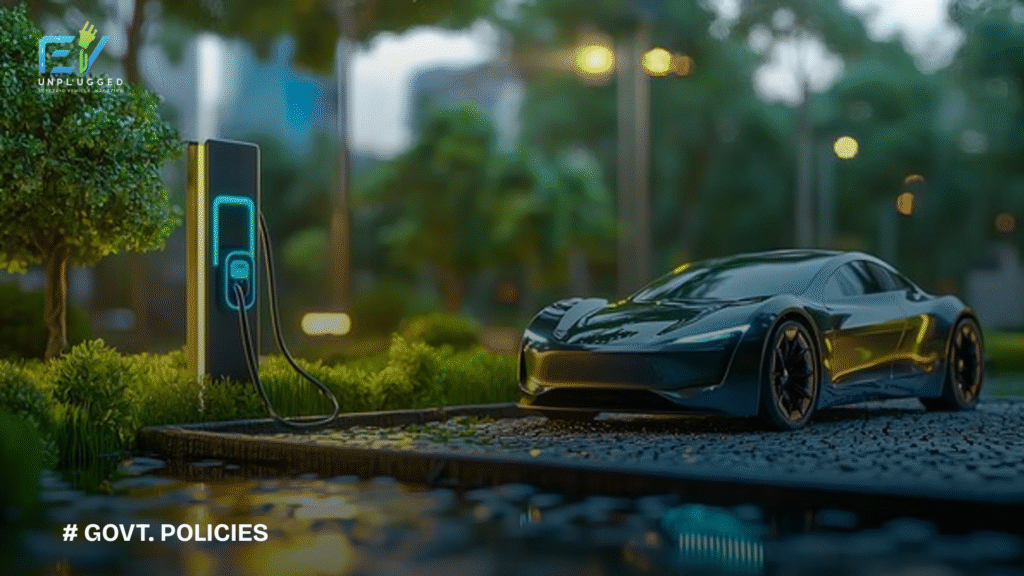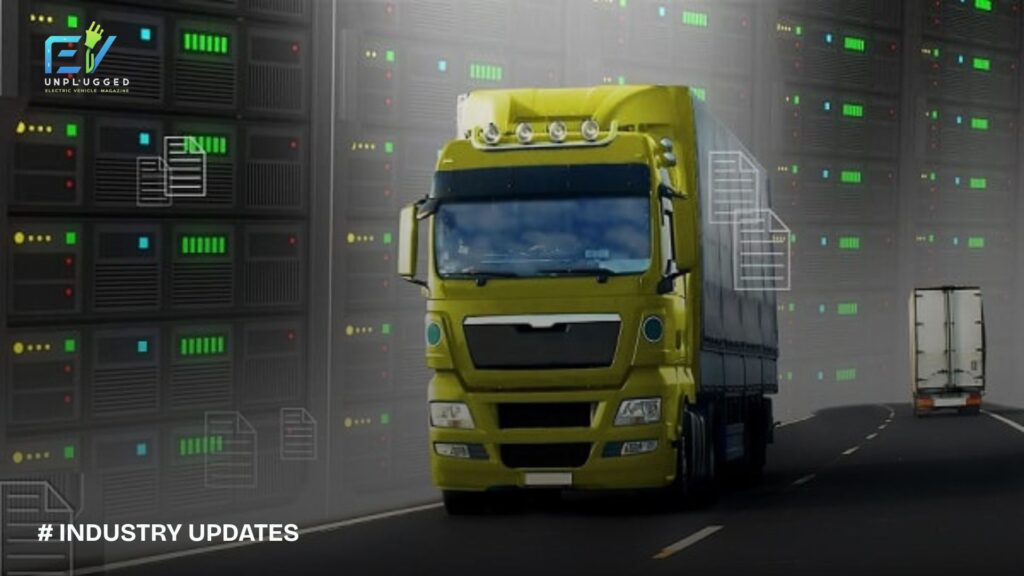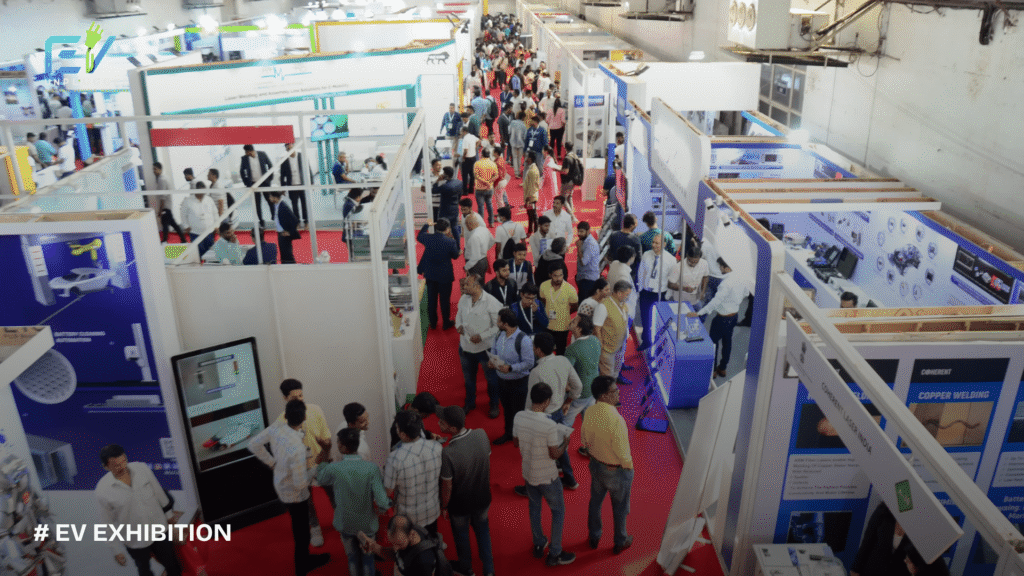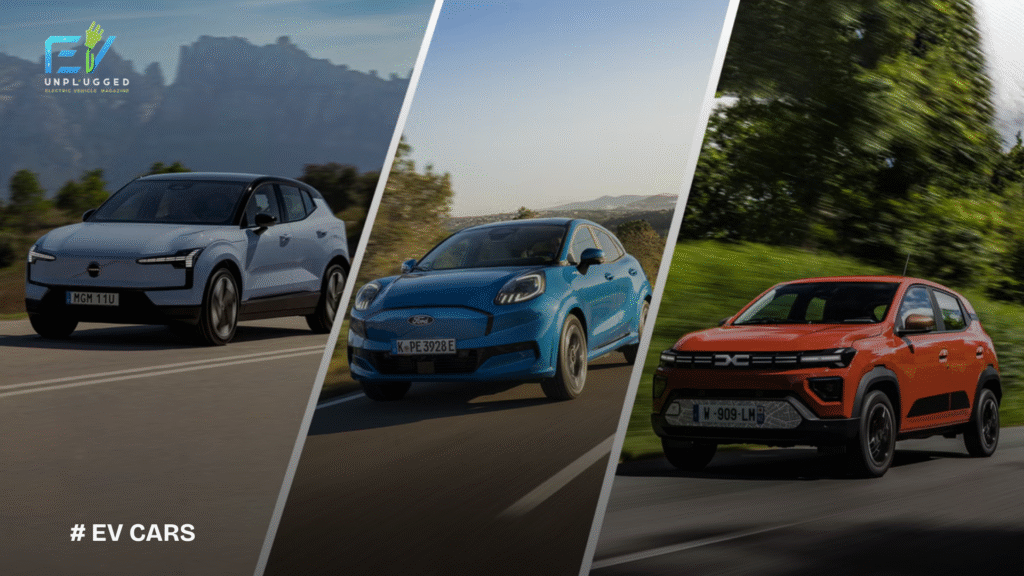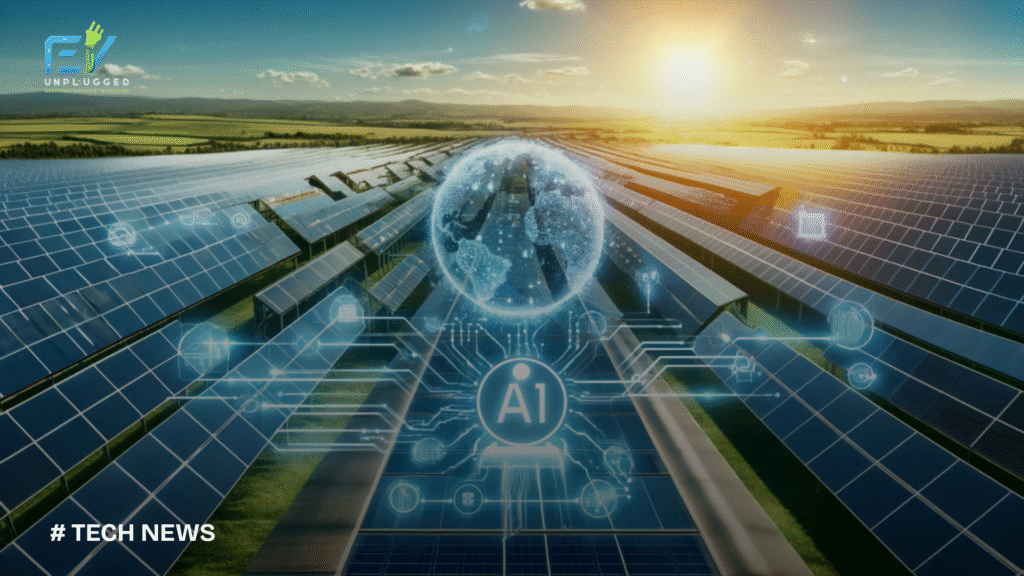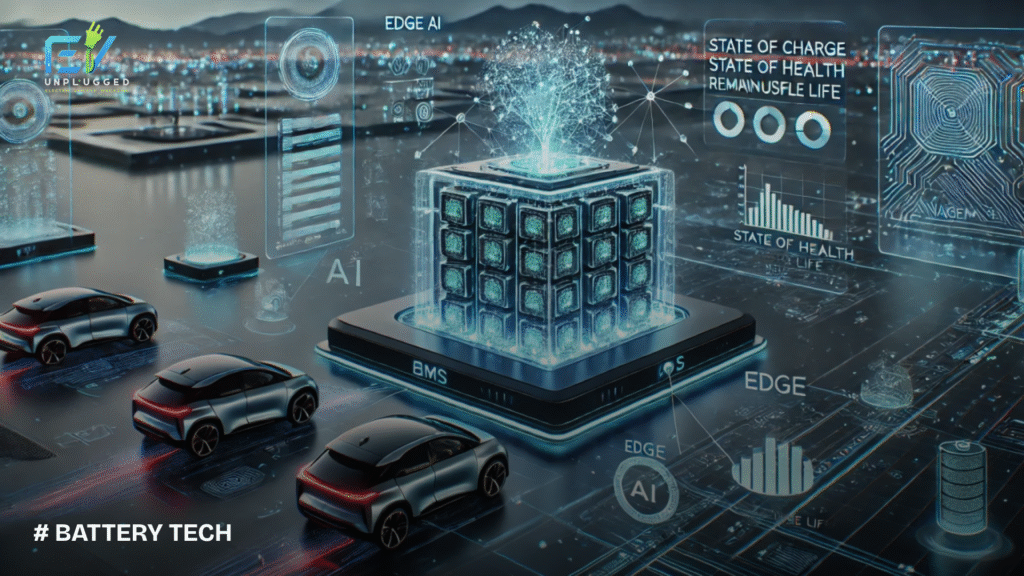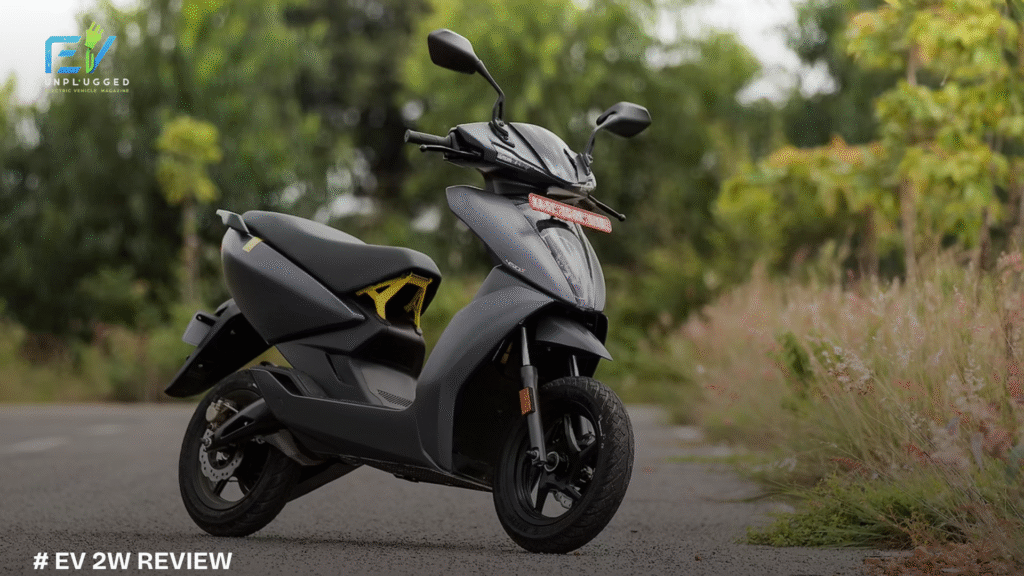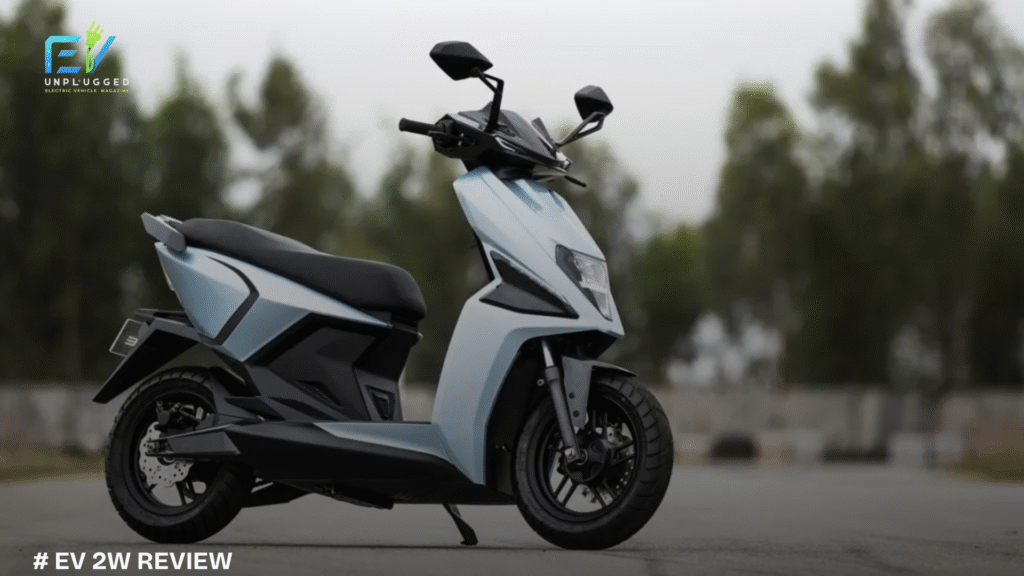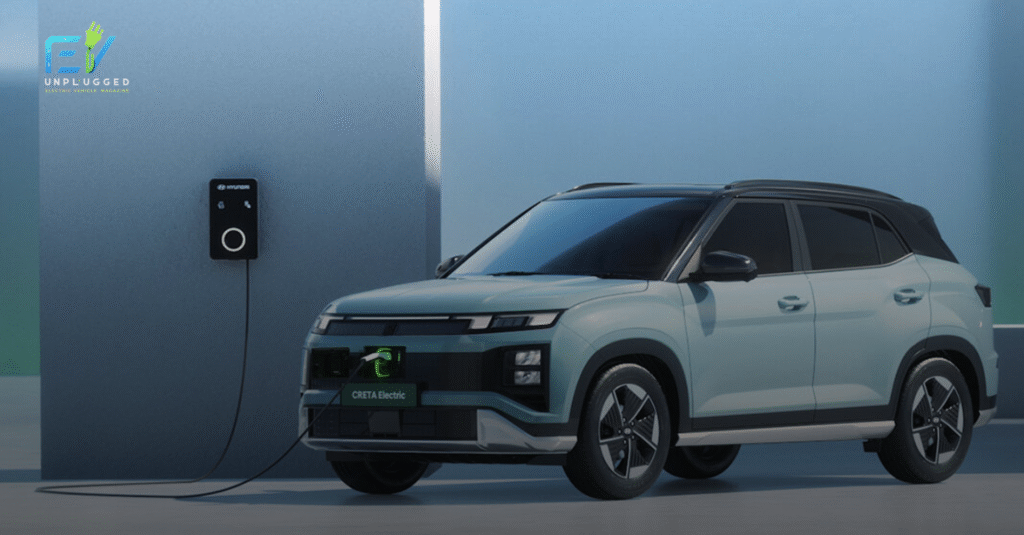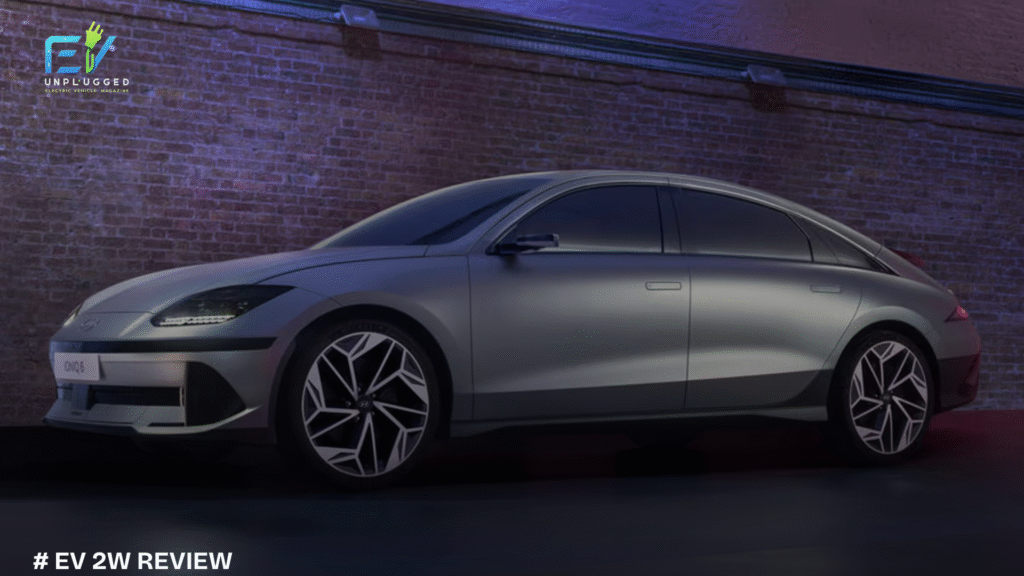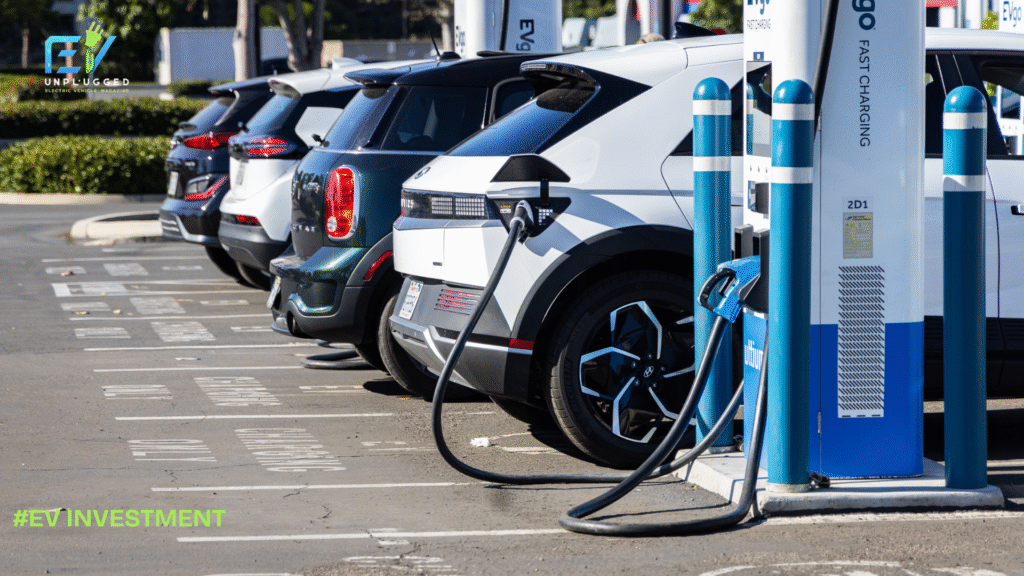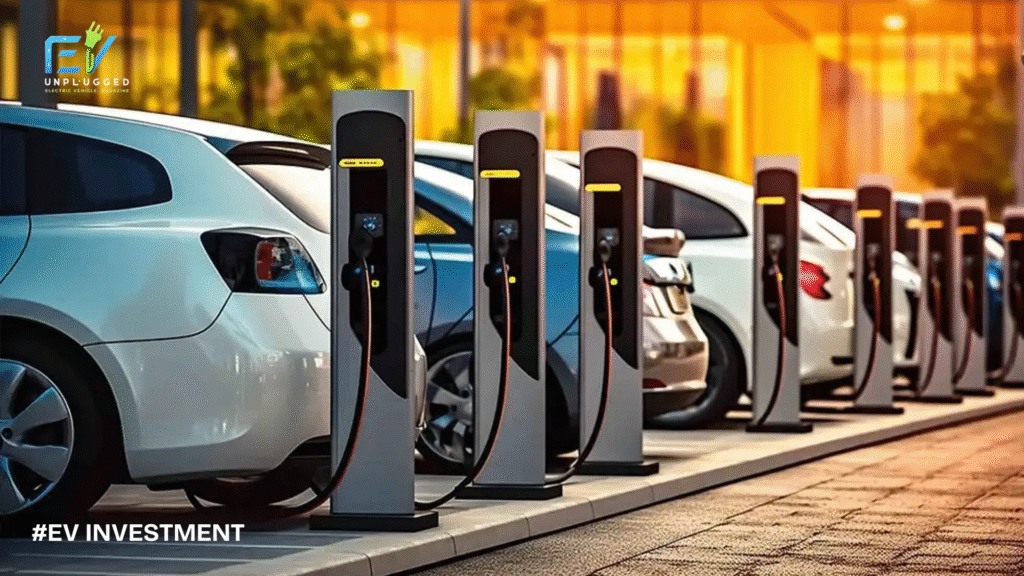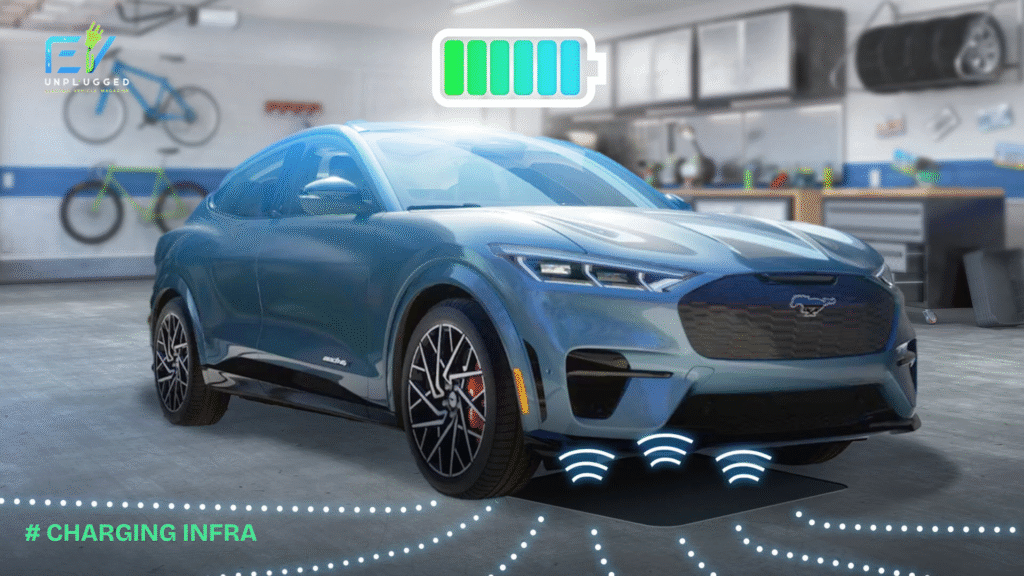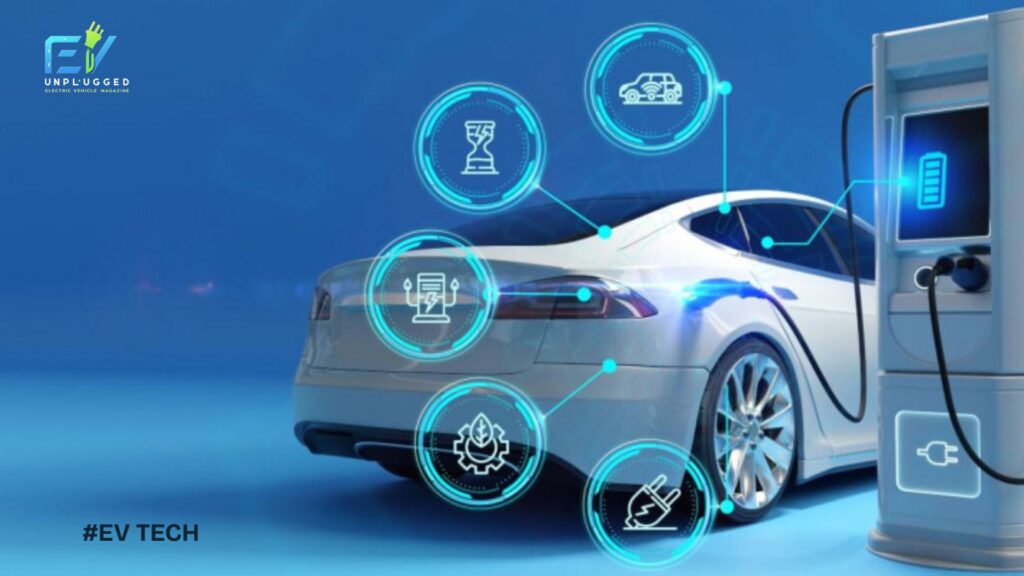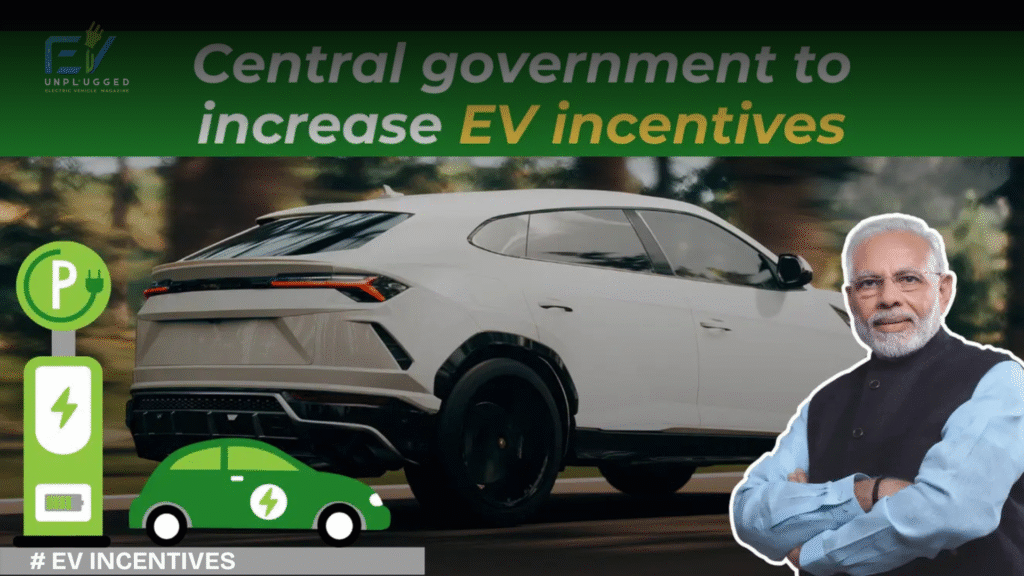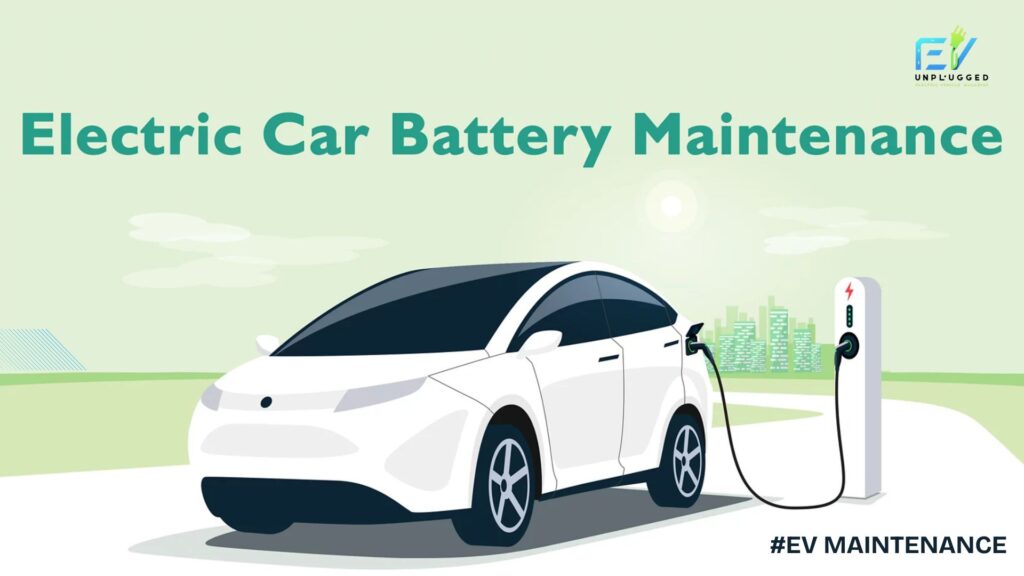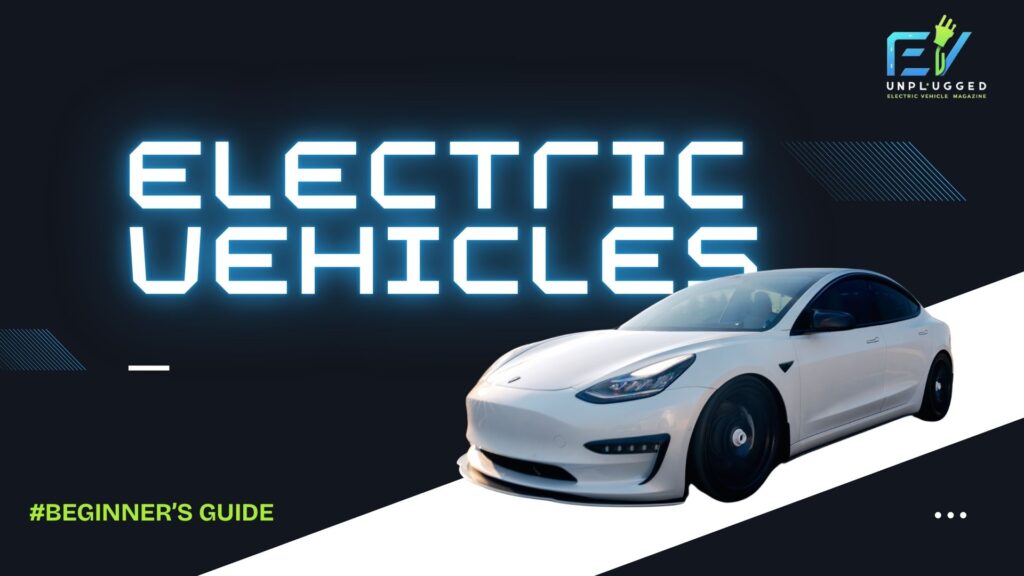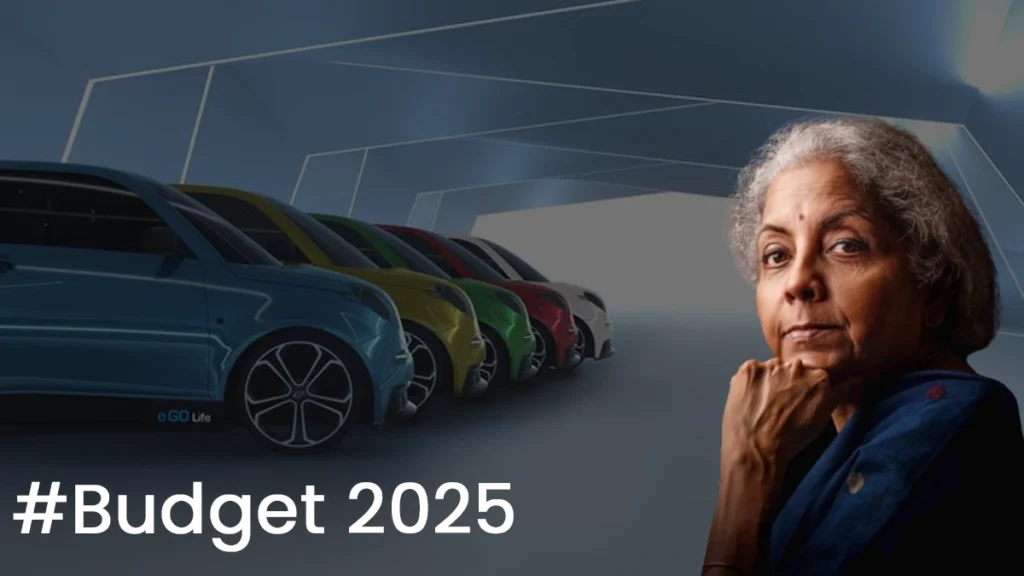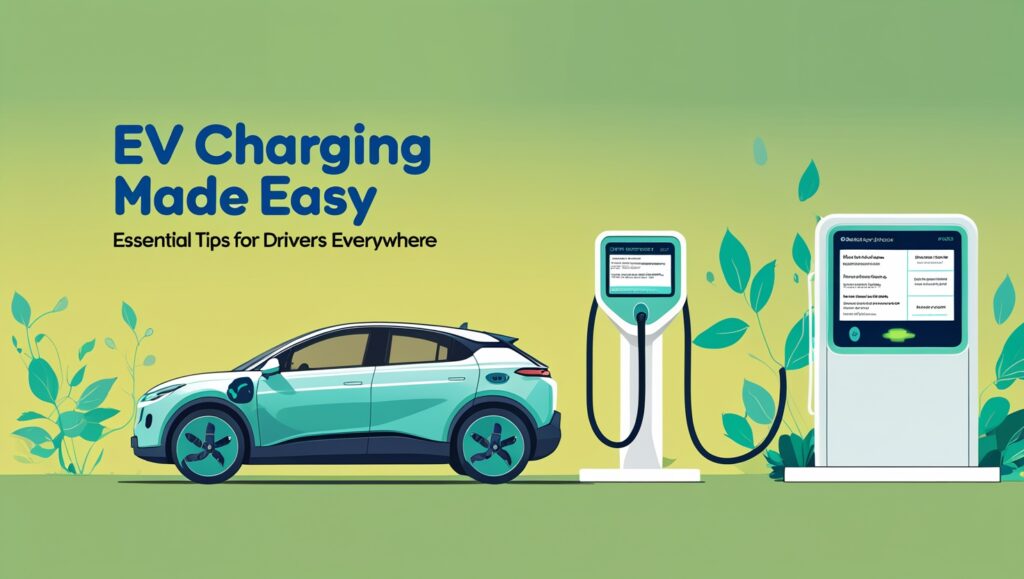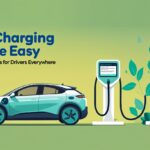India’s Electric Vehicle Revolution: Key Highlights from the 2025 Union Budget
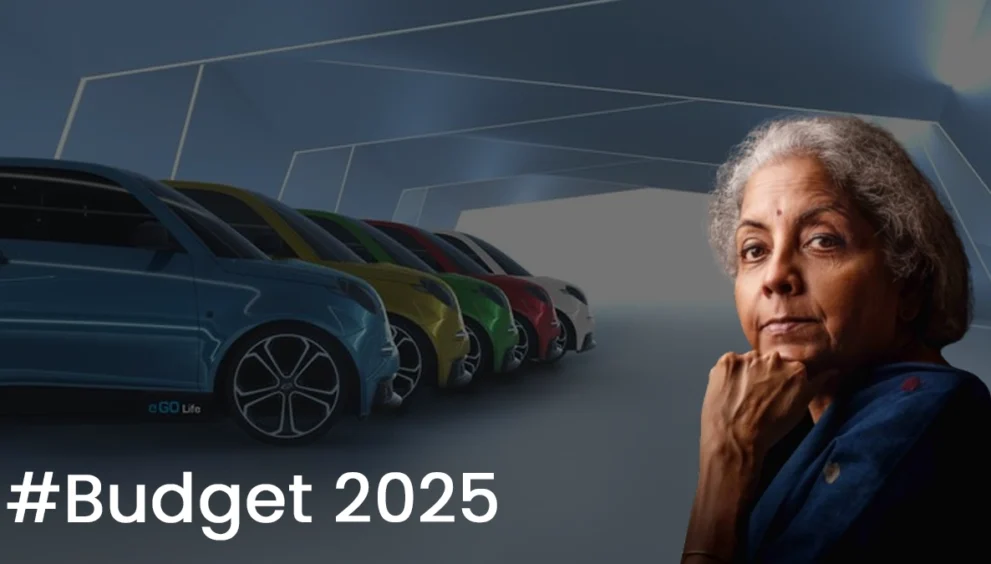
The Union Budget 2025 has brought exciting news for India’s electric vehicle (EV) sector. With the global focus on sustainability, India is accelerating its transition to greener mobility solutions, and the budget plays a pivotal role in this push. From providing tax exemptions on key minerals used in EV production to developing infrastructure for widespread adoption, the government is ensuring that the road ahead is greener, cleaner, and more affordable. In this article, we explore the major highlights for the EV sector and what they mean for the future of India’s automotive industry.
1. Customs Duty Exemption on Critical EV Battery Materials: A Game-Changer
The government has announced customs duty exemptions on critical minerals like lithium, cobalt, and nickel that are essential for electric vehicle batteries. These materials are a significant portion of the cost of EV manufacturing, and the new budgetary measures aim to reduce that burden.
By eliminating customs duties, the cost of manufacturing batteries will decrease, which directly impacts the overall cost of electric vehicles. This is a step towards making EVs more affordable for the average consumer and supporting the domestic production of critical minerals, which will help in achieving self-reliance.
How It Benefits the EV Industry:
- Lowered battery production costs
- Affordable EVs for consumers
- Encourages local production of critical minerals
- Helps reduce dependency on imports
With these incentives, India is moving towards making EVs a feasible option for a larger segment of the population, driving up demand for electric vehicles.
2. National EV Manufacturing Mission: Boosting Domestic Production
The National EV Manufacturing Mission is another crucial highlight of the 2025 budget. This initiative will encourage greater investment in domestic production of electric vehicles by providing manufacturers with support, incentives, and a conducive environment to thrive.
The mission aims to position India as a leader in EV manufacturing globally. It will not only benefit local manufacturers but also create new job opportunities and reduce India’s reliance on foreign EV imports.
What This Means:
- Encourages investments in local manufacturing
- Job creation in the manufacturing and support sectors
- Decreases import dependence
- Strengthens India’s position as an EV manufacturing hub
The push for local manufacturing aligns with India’s larger goal of becoming self-sufficient in the green mobility sector.
3. Incentives for EV Adoption: Making Electric Vehicles More Affordable
Affordability has been one of the major barriers to EV adoption in India. However, the 2025 Budget has introduced a slew of incentives aimed at making electric vehicles more accessible to the common man. These include tax rebates, subsidies, and easy financing options.
How These Incentives Help:
- Tax exemptions for EV buyers
- Low-interest loans for financing EVs
- Rebates on EV purchases
- Affordable options for consumers through subsidies
With these policies, India is addressing the price sensitivity of the market, which has been a significant deterrent for EV adoption.
4. Expanding EV Charging Infrastructure: Reducing Range Anxiety
One of the most significant challenges for the adoption of electric vehicles is the lack of charging infrastructure. The 2025 budget tackles this by committing to an expansion of EV charging stations across the country. From urban areas to highways and even rural regions, the government is ensuring that India’s infrastructure can support a growing number of electric vehicles.
Key Developments in EV Infrastructure:
- Expansion of public charging stations
- Introduction of fast-charging infrastructure
- Establishment of charging facilities in rural areas
- Increased accessibility to EV owners, especially during long trips
With this development, range anxiety will be significantly reduced, and consumers will have greater confidence in adopting EVs.
5. Green Mobility: A Step Toward Sustainable Transportation
The 2025 Budget has also made substantial provisions for green mobility, a term that refers to the promotion of cleaner, more sustainable transport solutions. The government is incentivizing the production and adoption of electric two-wheelers, buses, and other forms of green public transport.
Why Green Mobility Matters:
- Helps in reducing carbon emissions
- Aids in improving air quality in urban cities
- Provides sustainable alternatives to fossil-fuel-powered vehicles
With EV buses and electric two-wheelers getting more focus, India is setting the foundation for a future where electric mobility is the norm rather than the exception.
6. EV Export Potential: India’s Global Footprint
A key aspect of the EV revolution that the government is keen on promoting is the export potential of Indian-made electric vehicles. With the National EV Manufacturing Mission and other incentives, India is not just focused on satisfying domestic demand but also positioning itself as a global exporter of electric vehicles.
Why This is Important:
- Establishes India as an export hub for EVs
- Helps earn foreign exchange
- Boosts India’s global presence in the EV market
This focus on global competitiveness will drive innovation in the Indian EV sector, creating a win-win scenario for both local and international markets.
Conclusion: India’s Road to a Greener Future
The Union Budget 2025 has certainly provided a major boost to the Indian EV sector. With tax exemptions, incentives for adoption, a focus on local manufacturing, and the expansion of charging infrastructure, the government is ensuring that India is on track to meet its ambitious climate goals and green mobility vision.
India’s push for EV adoption is not just about reducing carbon emissions; it’s about creating a sustainable ecosystem that will benefit consumers, manufacturers, and the environment.
As India takes bold steps toward a cleaner, greener future, the EV revolution is set to unfold. With the right policy interventions, infrastructure development, and public support, the country can achieve its goal of becoming a leader in the global electric vehicle market.
EVRevolution #ElectricVehicles #Budget2025 #GreenEnergy #SustainableMobility #CleanTransport #ClimateAction #IndiaEV #ZeroEmissions #ElectricMobility #EVCharging #Sustainability

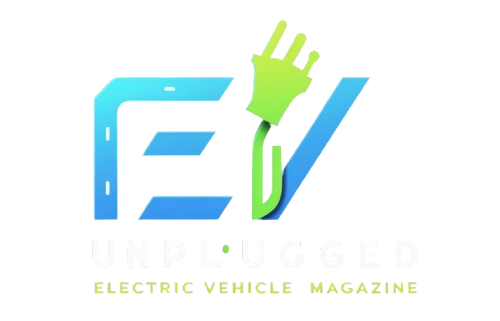
 English
English 